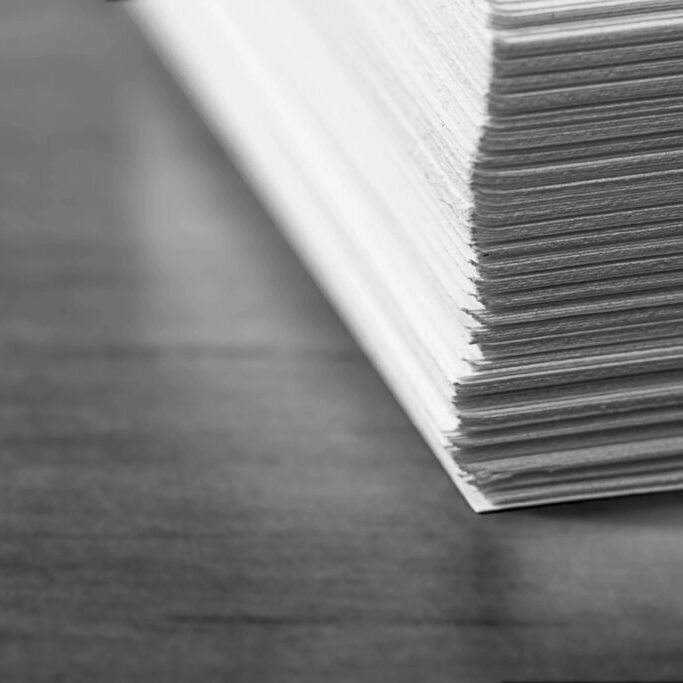RESOURCES & DOs AND DON'Ts OF BANKRUPTCY
Before we can file your case, you will need to turn in several documents that are both required and/or will help us prepare your schedules. We have listed the documents below along with the resources you need to help us prepare your case. When you are ready, you can upload your documents to our secure portal.

Do provide REQUIRED DOCUMENTS
Resources & worksheets
not all debts are dischargeable
You should know that even if you file a bankruptcy and receive a discharge, some debts are not dischargeable and you will still be responsible to pay:
- Certain Taxes
- Most Student Loans
- Domestic Support Obligations and Property Settlement Obligations
- Most Fines, Penalties, Forfeitures and Criminal Restitution Obligations.
- Debts arising from
- Fraud or Theft
- Fraud or Defalcation while acting in a fiduciary capacity
- Intentional Injuries
- Death or Injury caused by operating a motor vehicle while intoxicated.
Consult with our office to determine if your debt falls into one of these exceptions.

bankruptcy don'ts
There are bankruptcy don'ts you should be aware of before filing. For instance, it's not a good idea to bank where you owe a debt. You should close that account before you file.
Review the list of BANKRUPTCY DON'Ts and contact our office. We will explain your options.